All The News That’s Fit To Be Identified: Facilitating Access To High-Quality News Through Internet Platforms
Abstract Roughly half of Americans get some of their news from social media, and nearly two-thirds get some of their news from search engines. As our modern information gatekeepers, these internet companies bear a special responsibility to consider the impact of their platform and site policies on users’ access to high-quality news sources. They should […]
